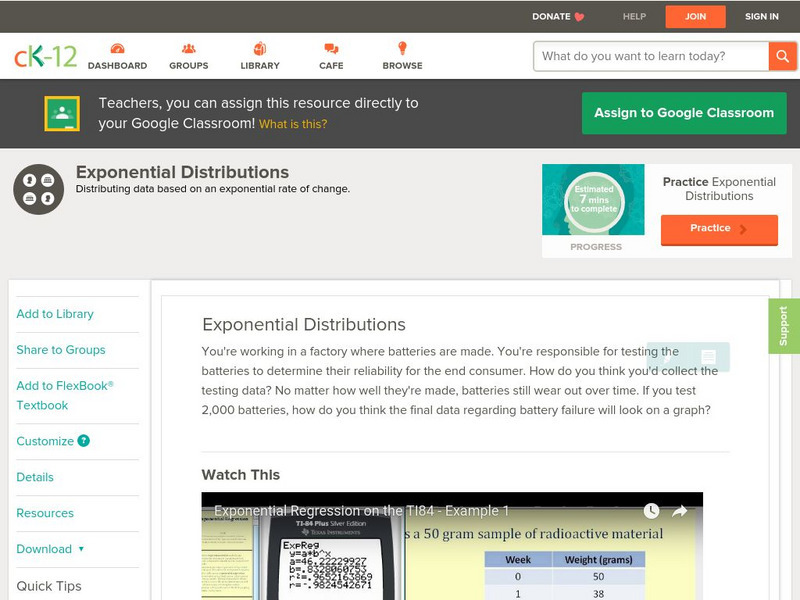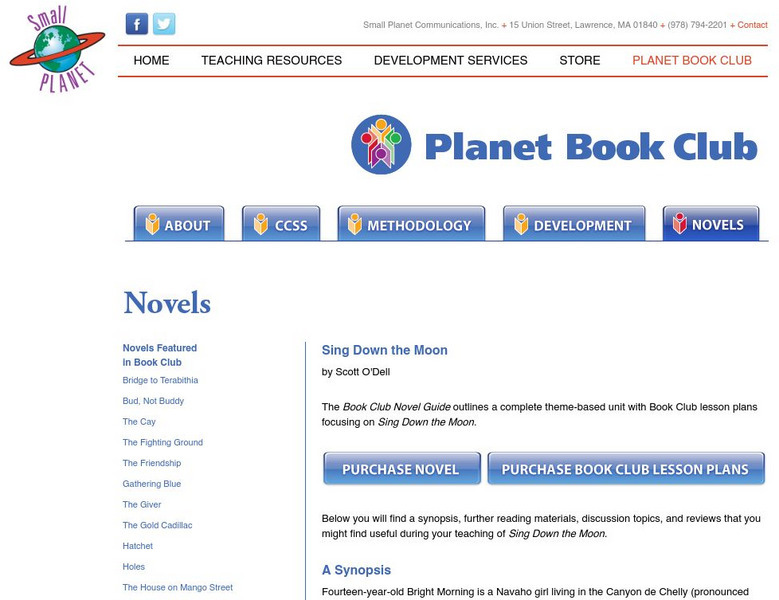Common Sense Media
Common Sense Media: Education: Lesson: Media Balance Is Important
[Free Registration/Login Required] In this lesson, students consider the feelings of themselves and others when making decisions about when, where, and how much to use technology. Includes slideshow, video, lesson plan, song and lyrics,...
Common Sense Media
Common Sense Media: Education: Lesson: How Technology Makes You Feel
[Free Registration/Login Required] This lesson challenges kids to pay attention to their feelings while using tech. With an engaging emoji game, 1st graders learn practical strategies for managing their feelings - good, bad, and...
Common Sense Media
Common Sense Media: Education: Lesson: That's Private!
[Free Registration/Login Required] Staying safe online is a lot like staying safe in the real world. By helping a Digital Citizen sign up for a new app, 2nd graders learn about the kinds of information they should keep to themselves when...
Common Sense Media
Common Sense Media: Education: Lesson: Who Is in Your Online Community?
[Free Registration/Login Required] By learning the Rings of Responsibility, 2nd graders explore how the Internet connects us to people in our community and throughout the world. Help students to think critically about the different ways...
PBS
Pbs Learning Media: How Technology Changed the Way Candidates Run for President?
This lesson plan focuses on how technology has changed Presidential election campaigns. It includes reading articles and conducting research.
National Women’s History Museum
National Women's History Museum: Hedy Lamarr
Hedy Lamarr was an Austrian-American actress and inventor who pioneered the technology that would one day form the basis for today's WiFi, GPS, and Bluetooth.
Common Sense Media
Common Sense Media: Finding My Media Balance
Helping kids learn what makes different media choices healthy or not is a good start. But how do we help them actually make responsible choices in the real world? Help your young scholars create a personalized media plan. Students will...
Council for Economic Education
Econ Ed Link: All in Business
This lesson on entrepreneurship can be used to help students understand what innovations are, and what it takes to get an idea off the ground. This lesson will take students through the process of calculating risks associated with...
CK-12 Foundation
Ck 12: Probability: Exponential Distributions
[Free Registration/Login may be required to access all resource tools.] Covers exponential distributions. Presents examples using a graphing calculator as well as guided and independent practice questions.
Other
Class tools.net: Create Interactive Flash Tools & Games for Education
ClassTools.net offers a collection of templates you can customize and save online and even embed into your own website or blog. Fast and intuitive Flash animations guide you through the template-building process, and you'll be creating...
Alabama Learning Exchange
Alex: Systems Every "Body" Needs to Know
This lesson is designed to allow young scholars to explore the human body through a WebQuest with Internet and multimedia resources provided for research. Students will create a cell diagram, write a letter, and create a slideshow...
Alabama Learning Exchange
Alex: "Let's Explore What Our Bones Are For"
This lesson is a hands-on, technology based science lesson. It is very interactive! Students are engaged at all times. Students will explore the human body through a "virtual field trip." While exploring the human body they will discover...
Other
Planet Book Club: Sing Down the Moon by Scott O'dell
This resource features book information, lesson plans and links to sites that can be used to enrich the book "Sing Down the Moon," by Scott O'Dell.
CK-12 Foundation
Ck 12: Algebra: Identification of Quadratic Models
[Free Registration/Login may be required to access all resource tools.] This lesson covers fitting a data set to a quadratic equation.
Alabama Learning Exchange
Alex: Time Flies
This lesson plan is one of the first in a unit on telling time which addresses the following content areas: language arts, math, science, social studies, and technology. Students will read several resource books to gather information....







